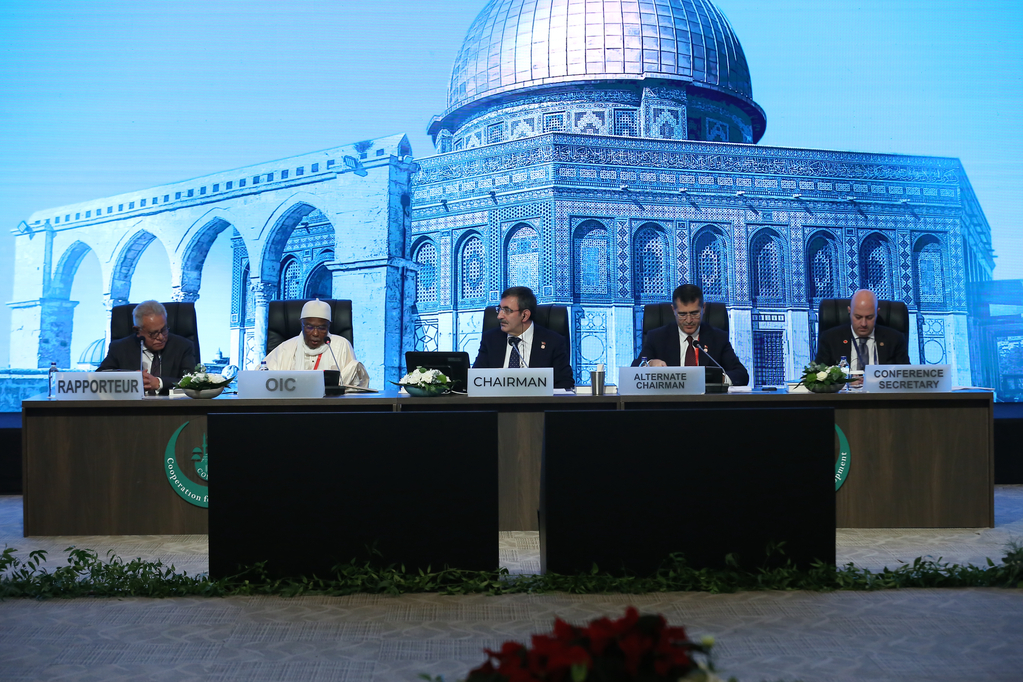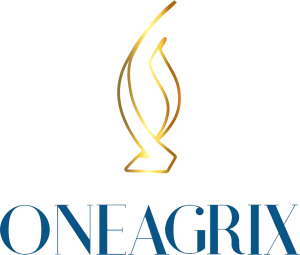Start-ups and small businesses are the lifeblood of any economy, and the UAE has been trying to encourage more entrepreneurs to take the kind of risks that create jobs and help the country to diversify away from relying on hydrocarbons for revenue.
While the Government has launched a number of initiatives this year, including a law that requires federal authorities and ministries to ensure that at least 10 per cent of their procurement budgets for purchasing, servicing and consulting are contracted to small and medium enterprises (SMEs), there are still industry executives who say that much more needs to be done – especially when it comes to the nascent Islamic economy.

In a column for The National, Abdulla Mohammed Al Awar, the chief of the Dubai Islamic Economy Development Centre, a body created to boost Islamic finance, implores Sharia-compliant banks to do more to help this vital element of private enterprise.
“If the Islamic economy is to fulfil its potential, Islamic banks must move beyond the mindset that prioritises short-term profits over the broader influences that determine long-term success,” Mr Al Awar writes.
UAE politicians have been counting on small businesses to play a key role in the development of the Emirates’ economy. SMEs account for 86 per cent of the workforce in the private sector, according to the Ministry of Economy. Nearly 300,000 companies can be classified as part of the SME sector, ministry data showed.
The UAE is especially keen to give Emiratis a chance of helping the economy by starting their own businesses, and a number of big companies are promoting the initiatives by inviting SMEs to be their suppliers. Banks have played their part in recent years as they recovered from the financial crisis 0f 2008, especially as large corporations increasingly tapped the bond market instead of bank loans, analysts say. Banks typically do not give a breakdown for lending to SMEs, but almost every other type of lending has grown and anecdotal evidence suggests it is the same for SMEs.
“SMEs had been underpenetrated for a number of reasons,” said Taher Safieddine, an analyst at the Dubai-based investment bank Shuaa Capital. “First of all, banks during the crisis were deleveraging. Banks during the crisis were not interested in chasing small corporate start ups. The focus was mainly the sovereign, retail and big corporates. As banks turned around, they had to re-leverage their balance sheets.
“SMEs, mostly if they want to fund their businesses, especially in an expanding economy like where we are now, they need to go through the banks, and this is where the banks are seeing more opportunity and are becoming more enthusiastic because the economy is recovering. Every single bank is mentioning SMEs as an area they want to push into.”
Islamic banks, however, do not think it is fair to blame lenders for the difficulties faced by SMEs. They say singling out Islamic lenders is equally unjustified.
Executives at Abu Dhabi Islamic bank and Noor Bank, a Sharia-compliant lender, say that funding is no longer the most pressing problem for these businesses as banks return to expansion mode, but rather increased competition, the rising cost of doing business and a regulatory framework that still lacks a bankruptcy law.
“Business banking at ADIB started in 2009 and we were one of the first local banks at that time who were serving the SME space in the UAE,” said Mahdi Kilani, the head of business banking at ADIB. “Our business has grown five-fold since 2009. In 2009 there were few banks serving the SME space. Nowadays more than 30 are serving the SME business. All the Islamic banks are now serving the SME space – Noor, Emirates Islamic, Dubai Islamic, Ajman, Al Hilal, etc. They are all there addressing directly the SME business. This perception that banks don’t fund SMEs is almost like a myth. Almost every major bank in the country is serving the SME sector.”
Kazim Ali, the head of corporate banking at Noor Bank, said that while criticism against banks for not doing enough to fund SME businesses was justified before the financial crisis, when banks were more focused on financing real estate and retail customers, that is no longer the case. He said that Islamic lenders have been as active as conventional banks.
“Since the economic recovery in 2011, we have seen most of the Islamic banks in the UAE stepping up their commercial and trade financing activities and gaining more market share,” he said. “We compete with other Islamic banks every day. So I know they are all very active.



